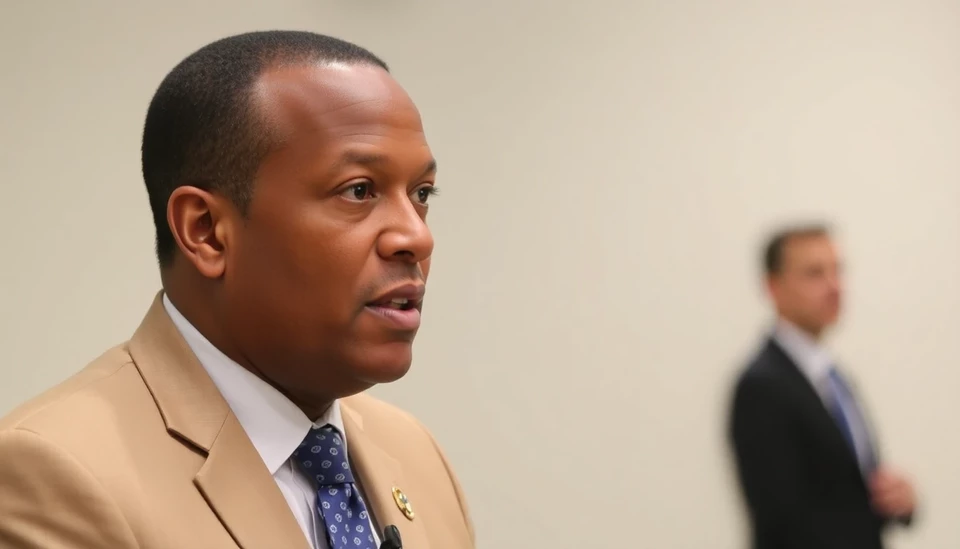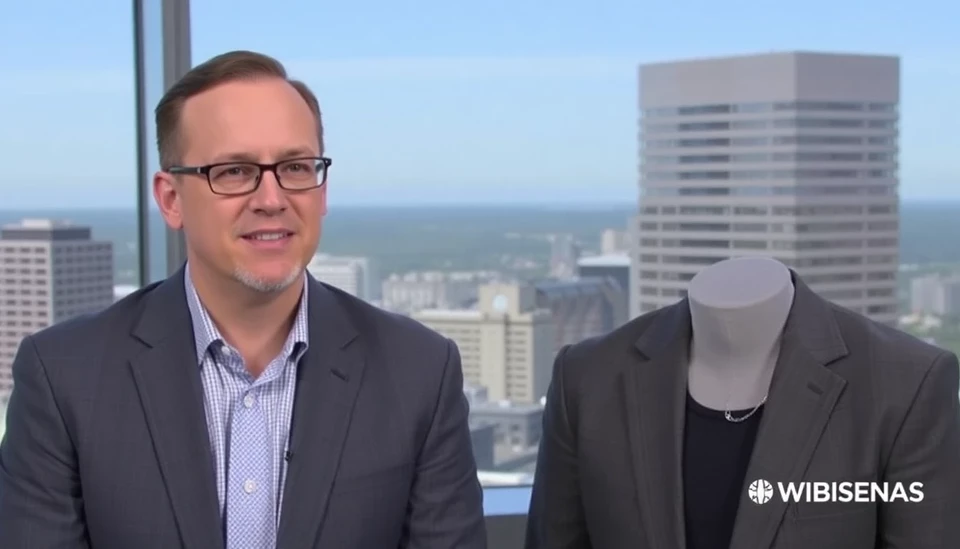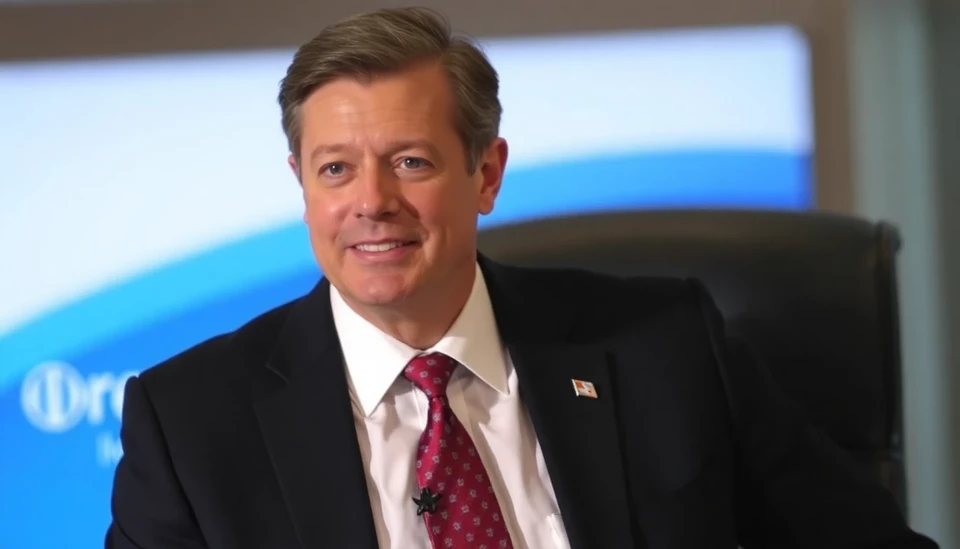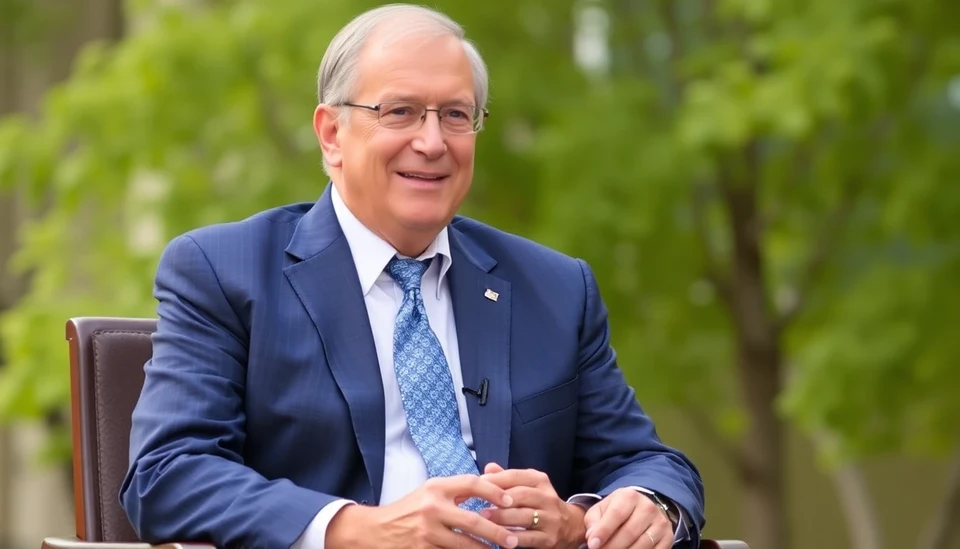
In a harrowing incident that has reverberated through the healthcare community, a recent shooting at a UnitedHealthcare facility has reignited longstanding resentment towards health insurers and their perceived role in the healthcare system. UnitedHealthcare's CEO, Andrew Witty, addressed the media following the tragic event, calling for a reassessment of how healthcare services are delivered and the impact of corporate practices on individuals’ lives.
The shooting, which occurred at a UnitedHealthcare office in Minnesota, resulted in several injuries and has left many employees and their families grappling with the emotional aftermath. The suspect, reportedly a disgruntled former employee, targeted the facility in a shocking act of violence that has drawn national headlines and stoked feelings of frustration that many have long harbored against health insurance providers.
In a press conference held shortly after the incident, Witty expressed his condolences to the victims and their families, stating, “This is a heart-wrenching reminder of the challenges that exist within our healthcare system. We must reflect on how we, as a society, treat one another and the pressures faced by individuals navigating complex health insurance bureaucracies.” His comments resonated with a public already grappling with widespread dissatisfaction regarding healthcare accessibility and affordability.
Witty’s remarks come at a time when the healthcare industry is under increased scrutiny. Many critics argue that health insurers prioritize profits over patient welfare, leading to systemic issues that can profoundly affect mental health and well-being. The shooting has provided a grim context to these criticisms, prompting discussions about the moral responsibilities of health corporations.
Experts suggest that this incident may serve as a catalyst for broader conversations around mental health support and workplace safety in the healthcare sector. As employees face mounting pressures from harsh working conditions and low job security, the need for actionable solutions is becoming urgent. Industry analysts believe that without addressing these core issues, the cycle of frustration and violence may continue.
The implications of this event reach far beyond just the immediate workplace. Stakeholders in the healthcare industry are now questioning the overall structure of health insurance as a business model. Many are calling for reforms that ensure more empathetic communication and mental health resources for those who serve in such high-stress environments.
As the investigation into the shooting continues, responses from lawmakers and public health officials are anticipated. Voices from various sectors are calling for legislative measures that could strengthen how health care workplaces are regulated, focusing on employee mental health, safety protocols, and the operational practices of insurers. The hope is that this tragedy can be a turning point for reform rather than an isolated incident.
This tragic event has placed a spotlight on a harsh reality about the healthcare industry that many wish to ignore: the psychological toll that inadequate health care can take on individuals. Witty’s invocation of a reevaluation of corporate practices may have garnered some empathy, but whether substantive change will follow remains uncertain.
As the community looks to heal, a broader conversation about the role of health insurers in America’s healthcare system must emerge. Will this shooting lead to the necessary reforms to dismantle a system perceived to prioritize profit over patient care? Time will reveal the answers, as stakeholders are increasingly vocal in their demand for a more just healthcare environment.
For now, the UnitedHealthcare facility remains a tragic reminder of the underlying issues that persist within the industry—a somber call to action for change that is desperately needed.
#UnitedHealthcare #HealthcareReform #MentalHealthAwareness #WorkplaceSafety #HealthInsurance #Tragedy #SystemicChange #AndrewWitty
Author: Samuel Brooks


